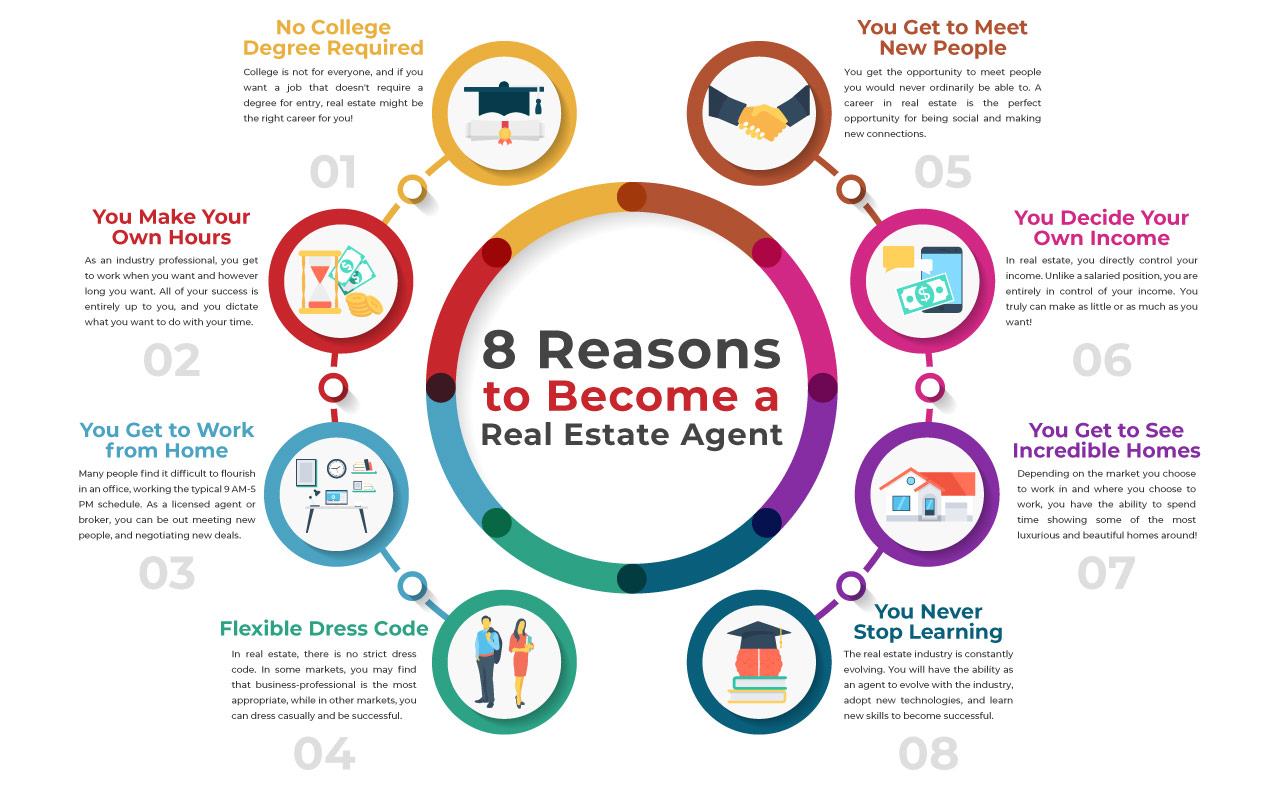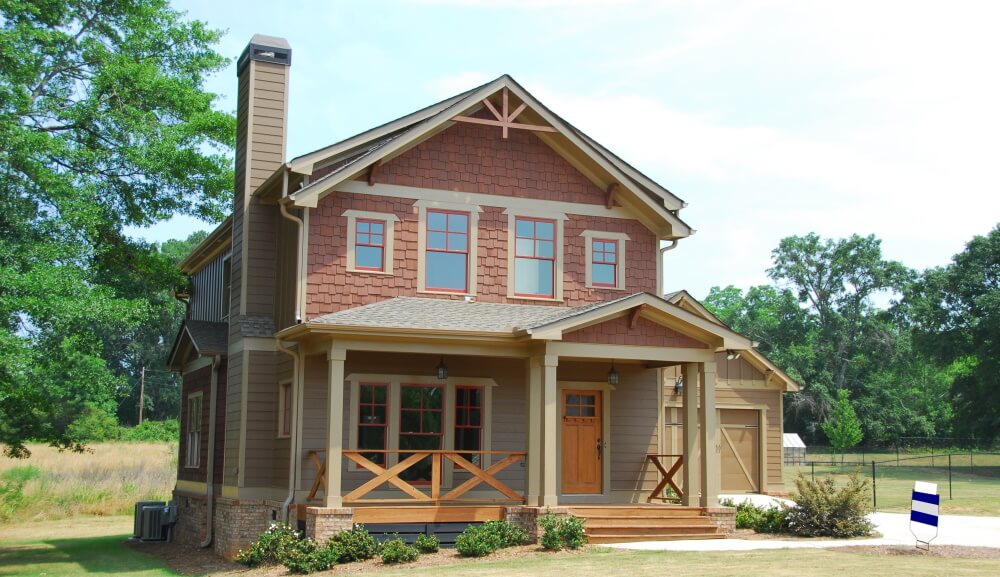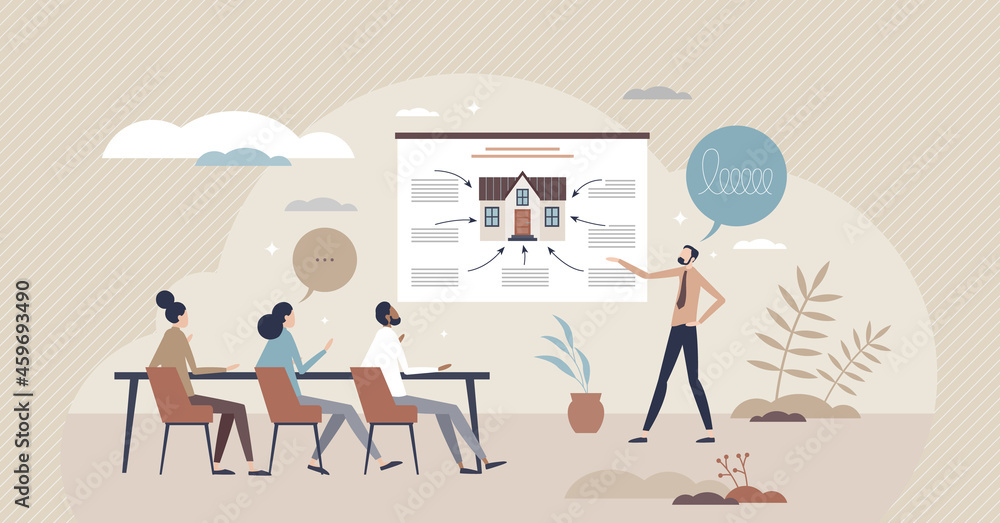
Putting your house on the market can be stressful, and it's natural to want to do everything you can to make your home stand out from the competition. It doesn't necessarily mean that you need to spend a lot of money to achieve this. Some homeowners choose to do it themselves. However, others hire a professional stager in order to make their home stand out and sell quickly for top dollar.
The cost of staging a home might seem unnecessary to some, but the truth is that it can actually be worth it in the end. According to the National Association of Realtors (NAR), professionally staged homes are more likely to be sold than those that are not.
You can also use staging to increase the value of your home by giving it an extra boost on the market. On a $300,000. property, a 5% increase in the selling price could result in an additional $15,000, while in other cases, staging can even bring you more.
How much does it take to stage a house?
Stage costs for a home can vary from a few hundred to several thousand dollars. The exact cost will depend on which services are required and how complex the home is.

Consultation and design fees are typically about $150 to $500. These fees will be paid to a home stager in exchange for an initial consultation. The goal of the consultation is to assess your needs and develop a staging strategy for your house.
Next, they will bring in furniture to complete your decor and fill in empty spaces. This could include a sofa, mirror, or other furniture that will enhance the room's design.
If the home is multistory, it's not uncommon for the stager to hire additional help to lift furniture and move pieces around, notes Schostok. In addition, it might take a few weeks to move your belongings out of the home and into storage, which can add another layer of expenses.
When you hire a home stager, you will also need to rent furniture for a certain period of time. Some furniture rental companies have minimum terms of three months. Make sure to ask before you sign anything.
What rooms should you stage?
Ideally, you should stage all the main areas in your house. These include the living room, dining room and kitchen, along with bedrooms and bathrooms. It's also a good idea to highlight any tiny or unused rooms, like an attic space.

Is it worthwhile?
The answer to that question will depend on how much your house costs and other factors. A stager might not be a good investment if your property is not in demand, or if there are other factors involved.
DIY is an economical way to save money and allows you to see the results before you commit. However, this can be an overwhelming and time-consuming process, so it's a good idea to hire a stager before doing it yourself.
FAQ
Do I need flood insurance
Flood Insurance covers flooding-related damages. Flood insurance protects your belongings and helps you to pay your mortgage. Find out more about flood insurance.
How long does it usually take to get your mortgage approved?
It depends on several factors including credit score, income and type of loan. Generally speaking, it takes around 30 days to get a mortgage approved.
Can I buy my house without a down payment
Yes! Yes! There are many programs that make it possible for people with low incomes to buy a house. These programs include government-backed mortgages (FHA), VA loans and USDA loans. More information is available on our website.
Is it possible for a house to be sold quickly?
It might be possible to sell your house quickly, if your goal is to move out within the next few month. There are some things to remember before you do this. You must first find a buyer to negotiate a contract. Second, prepare the house for sale. Third, your property must be advertised. You should also be open to accepting offers.
Statistics
- Over the past year, mortgage rates have hovered between 3.9 and 4.5 percent—a less significant increase. (fortunebuilders.com)
- Some experts hypothesize that rates will hit five percent by the second half of 2018, but there has been no official confirmation one way or the other. (fortunebuilders.com)
- Based on your credit scores and other financial details, your lender offers you a 3.5% interest rate on loan. (investopedia.com)
- This seems to be a more popular trend as the U.S. Census Bureau reports the homeownership rate was around 65% last year. (fortunebuilders.com)
- This means that all of your housing-related expenses each month do not exceed 43% of your monthly income. (fortunebuilders.com)
External Links
How To
How to manage a rental property
It can be a great way for you to make extra income, but there are many things to consider before you rent your house. This article will help you decide whether you want to rent your house and provide tips for managing a rental property.
This is the place to start if you are thinking about renting out your home.
-
What are the first things I should consider? You need to assess your finances before renting out your home. You may not be financially able to rent out your house to someone else if you have credit card debts or mortgage payments. Check your budget. If your monthly expenses are not covered by your rent, utilities and insurance, it is a sign that you need to reevaluate your finances. It may not be worth it.
-
How much does it cost for me to rent my house? There are many factors that go into the calculation of how much you can charge to let your home. These include factors such as location, size, condition, and season. You should remember that prices are subject to change depending on where they live. Therefore, you won't get the same rate for every place. Rightmove estimates that the market average for renting a 1-bedroom flat in London costs around PS1,400 per monthly. This means that your home would be worth around PS2,800 per annum if it was rented out completely. Although this is quite a high income, you can probably make a lot more if you rent out a smaller portion of your home.
-
Is it worth the risk? It's always risky to try something new. But if it gives you extra income, why not? You need to be clear about what you're signing before you do anything. You will need to pay maintenance costs, make repairs, and maintain the home. Renting your house is not just about spending more time with your family. Make sure you've thought through these issues carefully before signing up!
-
Are there benefits? You now know the costs of renting out your house and feel confident in its value. Now, think about the benefits. There are plenty of reasons to rent out your home: you could use the money to pay off debt, invest in a holiday, save for a rainy day, or simply enjoy having a break from your everyday life. It's more fun than working every day, regardless of what you choose. You could make renting a part-time job if you plan ahead.
-
How can I find tenants? After you have decided to rent your property, you will need to properly advertise it. Listing your property online through websites like Rightmove or Zoopla is a good place to start. You will need to interview potential tenants once they contact you. This will help you assess their suitability and ensure they're financially stable enough to move into your home.
-
What are the best ways to ensure that I am protected? If you're worried about leaving your home empty, you'll need to ensure you're fully protected against damage, theft, or fire. Your landlord will require you to insure your house. You can also do this directly with an insurance company. Your landlord will likely require you to add them on as additional insured. This is to ensure that your property is covered for any damages you cause. If your landlord is not registered with UK insurers, or you are living abroad, this policy doesn't apply. You will need to register with an International Insurer in this instance.
-
Even if your job is outside the home, you might feel you cannot afford to spend too much time looking for tenants. It's important to advertise your property with the best possible attitude. Post ads online and create a professional-looking site. Also, you will need to complete an application form and provide references. Some people prefer to do everything themselves while others hire agents who will take care of all the details. Either way, you'll need to be prepared to answer questions during interviews.
-
What happens after I find my tenant?After you've found a suitable tenant, you'll need to agree on terms. If you have a lease in place, you'll need to inform your tenant of changes, such as moving dates. If this is not possible, you may negotiate the length of your stay, deposit, as well as other details. Keep in mind that you will still be responsible for paying utilities and other costs once your tenancy ends.
-
How do I collect my rent? When the time comes to collect the rent, you'll need to check whether your tenant has paid up. If they haven't, remind them. You can subtract any outstanding rent payments before sending them a final check. You can call the police if you are having trouble getting hold of your tenant. They won't normally evict someone unless there's been a breach of contract, but they can issue a warrant if necessary.
-
How can I avoid problems? Although renting your home is a lucrative venture, it is also important to be safe. You should install smoke alarms and carbon Monoxide detectors. Security cameras are also a good idea. Make sure your neighbors have given you permission to leave your property unlocked overnight and that you have enough insurance. Finally, you should never let strangers into your house, even if they say they're moving in next door.